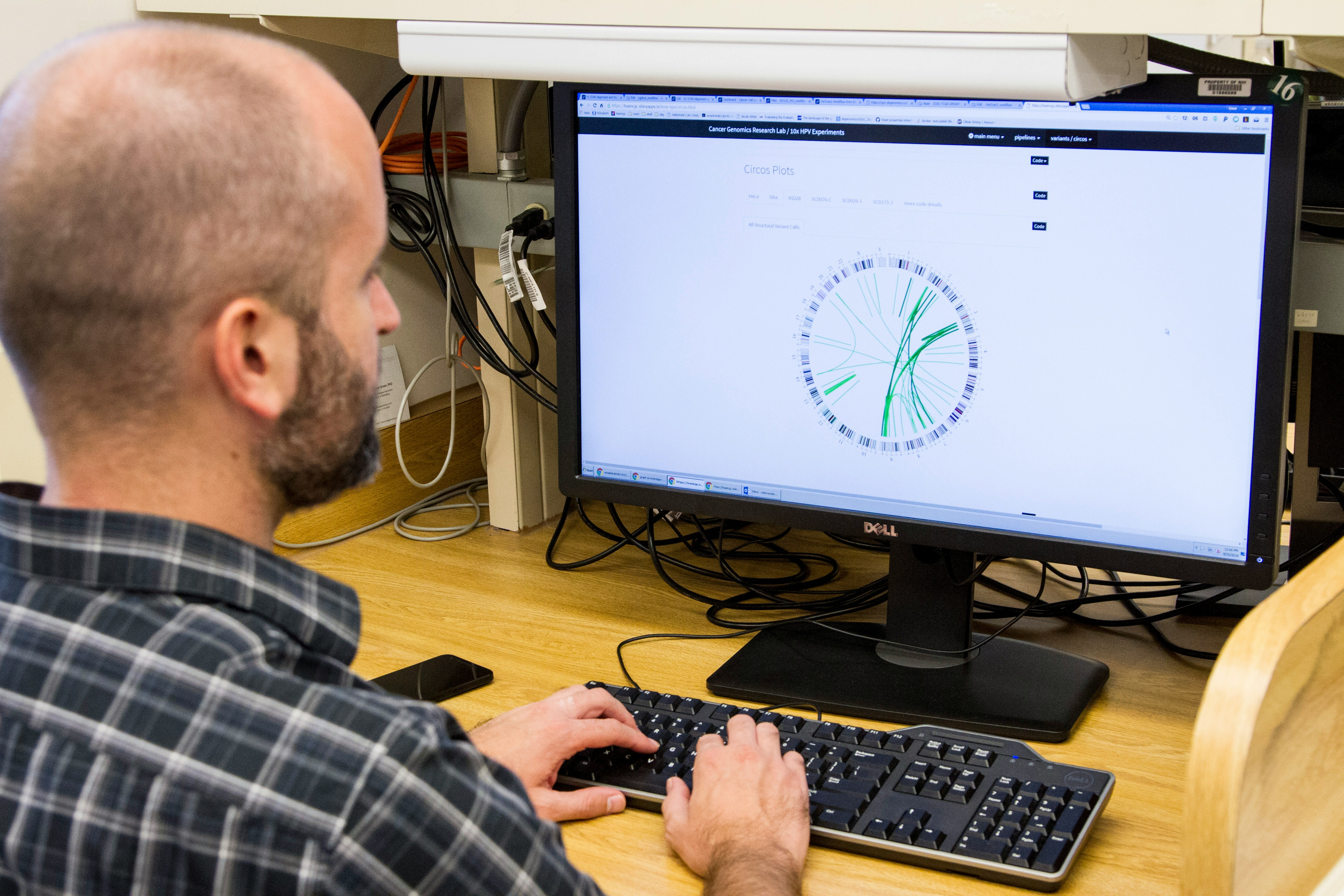Resources
10 Myths About Online Degrees Debunked
Debunking the greatest myths about online college.
Aug 20, 2022
Online degrees have become increasingly popular in recent years, but there are still many misconceptions about what they are and how they work. Here are 10 common myths about online degrees and the truth behind them.
Myth 1: Online degrees are not as reputable as traditional on-campus degrees.
Truth: This is simply not true. Online programs are subject to the same accreditation standards as traditional on-campus programs, and many top universities offer online degrees that are highly respected in the job market. In fact, some employers specifically seek out online degree holders because of the discipline and self-motivation required to succeed in an online program.
Myth 2: Online degrees are easier than traditional on-campus degrees.
Truth: Online programs can be just as challenging as traditional on-campus programs. In fact, some online programs are even more demanding because they require students to be highly self-motivated and able to manage their own time and schedule. Online programs also often use cutting-edge technology and interactive course materials to enhance the learning experience, which can make them even more engaging and effective.
Myth 3: Online degrees are not as valuable as traditional on-campus degrees.
Truth: This is another common misconception. Online degrees offer the same valuable skills and knowledge as traditional on-campus degrees, and many employers value the specialized, in-demand skills that online programs often provide. In fact, earning an online degree can be a great way to advance your career and increase your earning potential.
Myth 4: Online degrees don't provide the same level of support as traditional on-campus programs.
Truth: Online programs often offer a wide range of support services to help students succeed. This can include tutoring, academic advising, and even career counseling. Additionally, many online programs have dedicated support staff who are available to answer questions and provide guidance throughout the program.
Myth 5: Online degrees are not as social as traditional on-campus programs.
Truth: While it's true that online programs don't provide the same kind of face-to-face interaction as traditional on-campus programs, they can still be highly social. Many online programs have active online communities where students can connect with each other and discuss coursework, share experiences, and even form study groups. Additionally, some online programs offer opportunities for students to come together in person for networking events and other social activities.
Myth 6: Online degrees are not as prestigious as traditional on-campus degrees.
Truth: This is simply not true. Online programs are offered by some of the most prestigious universities in the world, and many employers value the skills and knowledge that online degree holders possess. In fact, some employers specifically seek out online degree holders because of their demonstrated ability to learn independently and manage their own time and schedule.
Myth 7: Online degrees are not as flexible as they claim to be.
Truth: Online programs are incredibly flexible, allowing students to study from anywhere in the world and at any time that fits their schedule. This is especially beneficial for students who have other commitments, such as a job or family, that make attending a traditional on-campus program difficult.
Myth 8: Online degrees don't provide the same hands-on learning opportunities as traditional on-campus programs.
Truth: This is not necessarily true. While it's true that online programs don't offer the same kind of hands-on learning experiences as some traditional on-campus programs, many online programs use cutting-edge technology and interactive course materials to provide engaging, hands-on learning opportunities. For example, some online programs use virtual labs and simulations to provide students with hands-on experiences that would be difficult or impossible to provide in a traditional on-campus setting.
Myth 9: Online degrees are not as personal as traditional on-campus programs.
Truth: While it's true that online programs don't provide the same kind of face-to-face interaction as traditional on-campus programs, they can still be highly personal. Many online programs have dedicated support staff who are available to answer questions and provide guidance throughout the program. Additionally, some online programs offer opportunities for students to connect with instructors and classmates through online discussion forums and other interactive tools.
Myth 10: Online degrees are not as good as traditional on-campus degrees.
Truth: This is simply not true. Online degrees are just as reputable, valuable, and effective as traditional on-campus degrees. The decision between an online degree and a traditional on-campus degree depends on your individual needs and goals. For some students, an online program is the perfect fit, while for others, a traditional on-campus program may be a better choice. Ultimately, the most important thing is to choose the program that is right for you.


